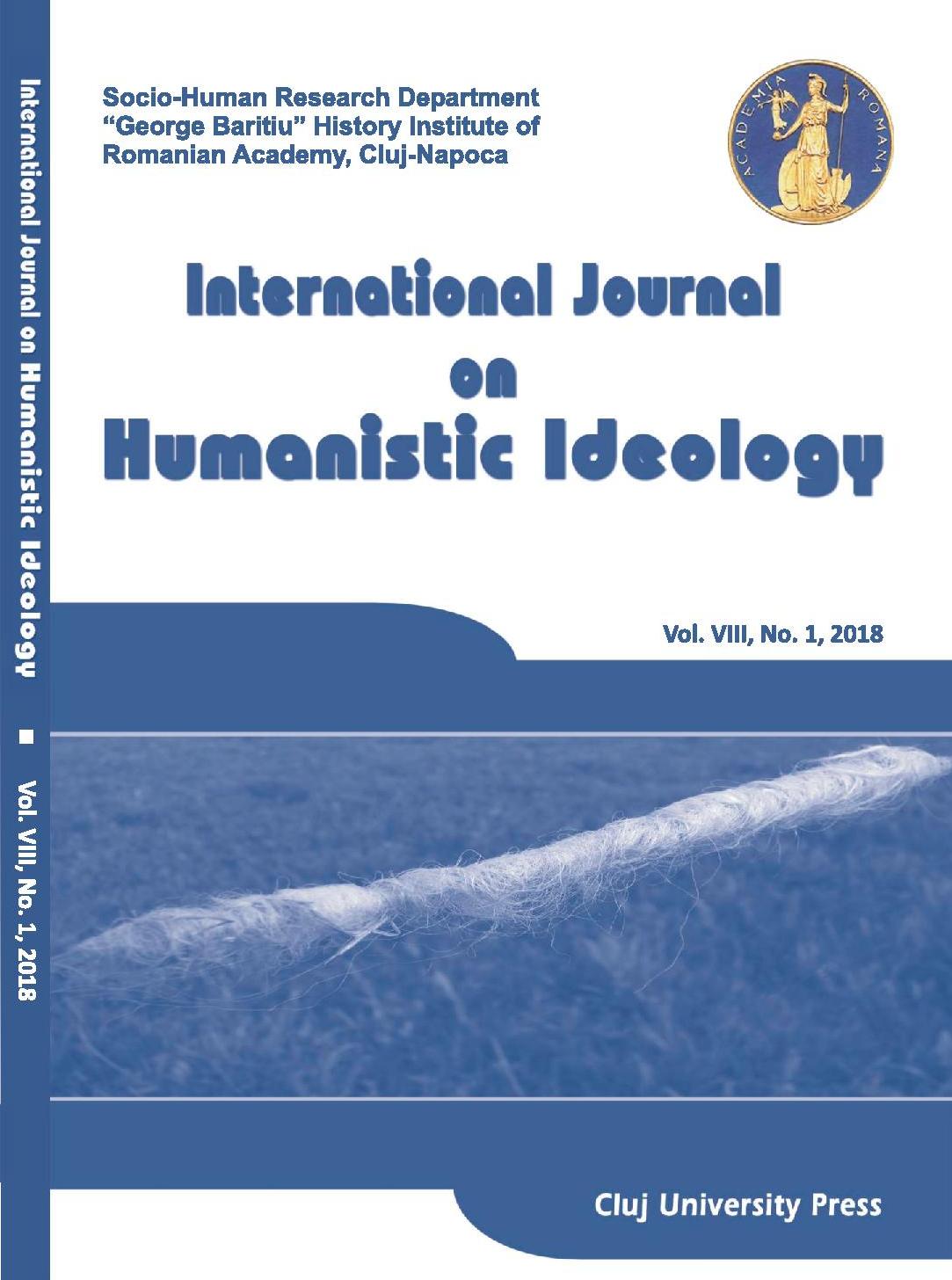In the Land of Lalon: Enigmatic Interface of Religion and Politics in Bangladesh
In the Land of Lalon: Enigmatic Interface of Religion and Politics in Bangladesh
Author(s): Dev Nath Pathak, Ratan Kumar RoySubject(s): Politics / Political Sciences, Philosophy, Social Sciences, Theology and Religion
Published by: Presa Universitara Clujeana
Keywords: Secularism;Bangladesh;Islamic;Lalon Shah;Shahbag;Baul tradition
Summary/Abstract: The cultural history of Bangladesh gives prominence to Lalon Shah, the renowned Bengali mystic. The shrine of Lalon attracts pilgrims and religious tourists. The mystic sang his vision of the world through songs resembling the bardic style and Baul tradition. The poetic imagination depicted a worldview critical of religious chauvinism, Islamic as well as Hindu. Lalon may have joined the official Bangladeshi heritage value today. But the contradictions that the mystic-singer faced in the colonial times have not disappeared. Even though the Liberation War promised a unity of all Bengali speaking populace in the former Eastern Pakistan, there were prominent quarters of support to the Pakistani army on the religious grounds. The famous Shabag mobilization, with its precursor and aftermath, underlined that the War criminals, the Bangladeshi supporters of Pakistan, shall be punished. The state did respond to it. But the responses are well within the pale of contradictions. The state in Bangladesh can afford to ignore the importance of ever more aggressive Jamaat-i-Islam. While the textbook celebration of unity and diversity may count various religious minorities, such as Hindus and Buddhists, along with the majority of Muslims, as amicably coexistent in Bangladesh, one cannot deny the presence of contradictions. Far from the realization of the Lalon's dream of an awakened spiritual self, Bangladesh today is inclined to the ideology of religious majoritarianism. This essay seeks to delve into the details of the contradictions, spanning historical trajectory, starting from the time of Lalon Shah, the Liberation War, to clarion call for the punishment of the war criminals in the wake of the Shahbag. The objective is to understand the possibility and limits of dealing with the interface of religion and politics in Bangladesh. The essay in implication revisits the idea of secularism in the context of Bangladesh, asking: Was Bangladesh ever secular?
Journal: International Journal on Humanistic Ideology
- Issue Year: VIII/2018
- Issue No: 01
- Page Range: 41-62
- Page Count: 21
- Language: English

